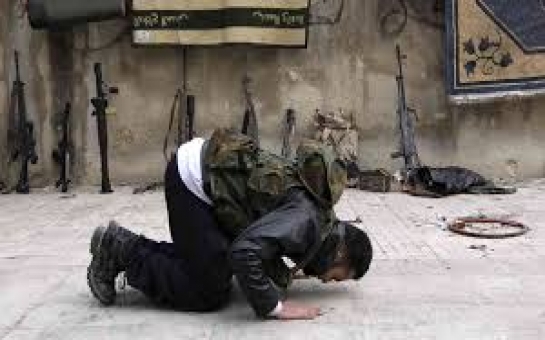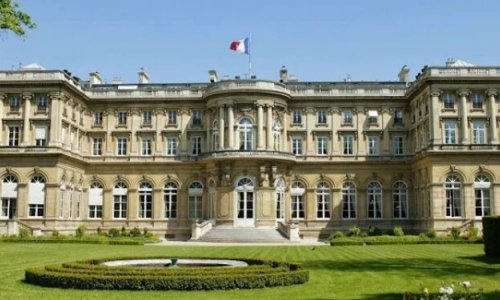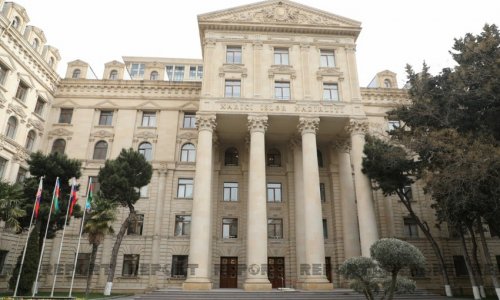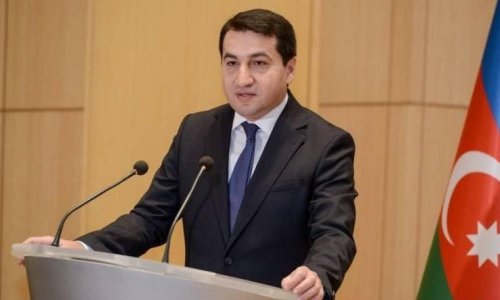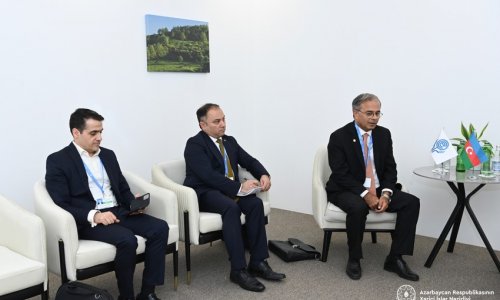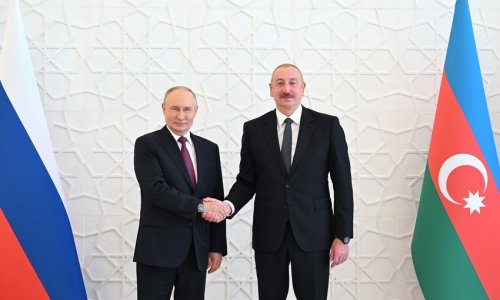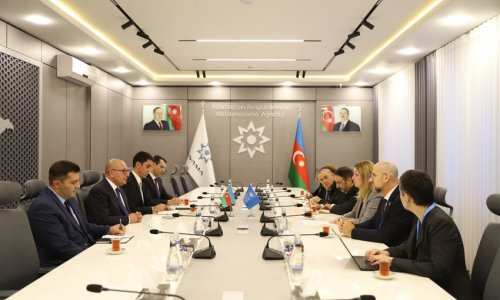Seven Islamist Syrian rebel groups merged Friday in the latest in a string of consolidation attempts, reiterating that their endgame is the setting up of an Islamic state.
The new Islamic Front — formed as the beleaguered opposition presses for funding from the Persian Gulf — brings together tens of thousands of fighters, potentially making it the largest rebel force in Syria if the announcement is followed up by unification on the ground. But the group conceded that the merger will be gradual.
The repeated efforts to unify Islamist factions have come as the military opposition to Syrian President Bashar al-Assad is being simultaneously squeezed by al-Qaeda-linked forces from the Islamic State of Iraq and Syria and by Assad’s troops, which are backed by militants from Iran and Lebanon’s Shiite Hezbollah movement. For the past week, the rebels have been battling to repel a government offensive in the hills near the Lebanese border that is threatening key supply routes. Clashes continued in the area Friday, according to activists and fleeing refugees, who have surged into Lebanon.
“It was important to face this unity of theirs with a unity of our own,” Abu Eissa al-Sheikh, leader of the new entity, said of Assad’s forces as he announced the group’s creation on Al Jazeera. “This independent political, military and social formation aims to topple the Assad regime . . . and build an Islamic state.”
The group incorporates Jaish al-Islam, which was formed in September, as well as the powerful Tawheed Brigade and the Salafist Ahrar al-Sham. It notably does not include the al-Qaeda-linked Jabhat al-Nusra, part of the Islamic Alliance announced in September, which Friday’s announcement appeared to supersede.
Omar Abu Yasser, a spokesman for Jaish al-Islam, said the new group will “help positively in organizing donations.”
“The door to join is open to all the jihadists who want to fight the Syrian regime,” he added. In an analysis published last month, Yezid Sayigh, senior associate at the Carnegie Middle East Center in Beirut, described the surge in Islamist unification efforts as “driven by the expectation of external funding.”
The announcement follows an unusual display of public dissatisfaction by Saudi Arabia this month with regard to U.S. policy in Syria. Its suggestion that it would go it alone in backing the rebels prompted an emergency fence-mending visit to the kingdom by Secretary of State John F. Kerry.
Charles Lister, an analyst at IHS Jane’s Terrorism and Insurgency Center, said the new Islamic Front appeared to be mainly an attempt to centralize militarily and politically, but he added that “it is very likely that this move will result in further funding from Gulf states.”
Lister described the group — which he estimated will bring together at least 45,000 fighters — as an “extremely significant development” that further undermines the Western-backed Supreme Military Council and its political arm, the Syrian Opposition Coalition.
Its formation is also expected to raise questions about the relevance of U.S.- and Russian-brokered peace negotiations between the Syrian government and the coalition, as the latter’s already-limited influence continues to erode.
Sheikh, the group’s leader, now heads Suqour al-Sham, another Islamist body joining the Islamic Front. Abu Omar Hureitan of the Tawheed Brigade will be his deputy, and Zahran Alloush, the head of Jaish al-Islam, will lead its military division.
(Washington Post)ANN.Az

